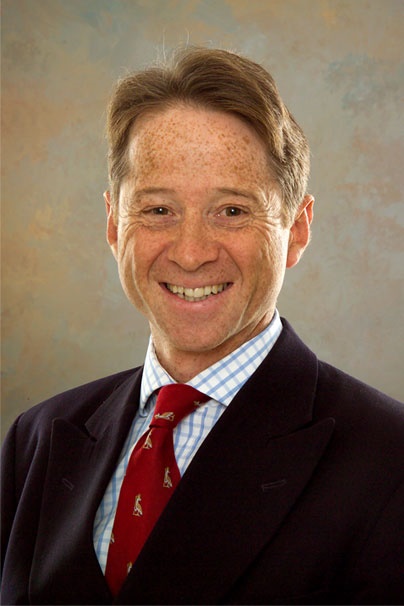23.08.19
An ageing population means hand care and injury prevention is more important than ever
Grey Giddins, member of the British Society for Surgery of the Hand, discusses how hand care and injury prevention have become increasingly important given the UK’s ageing population
It’s no secret that the UK’s ageing population presents challenges for the NHS. The fact that we are living longer means greater demand for medical care across a number of healthcare specialisms, one of which is hand surgery.
There are now 11.8 million people aged over 65 in the UK; Age UK predicts that the figure will rise by 40 per cent in the next 17 years. The growth of our ageing population has two important implications for the NHS in terms of how we care for our hands specifically. The first is the anticipated increase of almost 40% in elective hand surgery for common conditions such as osteoarthritis, carpal tunnel syndrome and other degenerative hand problems.
Hand specialists are able to identify and address these types of problems more quickly, and helping to prevent unnecessary tests and appointments. Referral to the wrong specialist may lead to delayed treatment, creating time and financial costs to both the patient and the NHS. For example, numbness and tingling in the hand is most commonly due to carpal tunnel syndrome, but could be due to nerve compression in the neck or a systemic neuropathy.

Grey Giddins, member of the British Society for Surgery of the Hand, discusses how hand care and injury prevention have become increasingly important given the UK’s ageing population
Patients with hand numbness who do not see a hand specialist are more likely to undergo an electrical test, which in most cases is not necessary. To help ensure the correct initial treatment and diagnosis, it is vital that patients are aware that they can ask to see a hand specialist.
If more patients with a hand problem see a hand specialist from the outset, we can ensure better patient outcomes, a more streamlined process and savings to vital NHS resources. To help achieve this, we must ensure that patients with a hand problem know to ask GPs for a referral to a hand specialist, and that GPs are aware of the large number of hand specialists available.
The other NHS impact of our ageing population on hand surgery is the increased risk of serious hand injuries caused by falls. Older age can mean reduced balance, sight and hearing; I often see people for whom increased frailty has led to a fracture from a simple fall.
There are currently around 220,000 falls-related emergency hospital admissions in England among patients aged 65 and older. The NHS Long Term plan suggests that 30 per cent of people aged 65 and over, and 50 per cent of those aged 80 and over, are likely to fall at least once a year. Falls are the largest cause of emergency hospital admissions for older people, and contribute appreciably to people moving from their own home to long-term nursing or residential care, according to Age UK.
To help ensure that people can enjoy the full function of their hands in later life, and minimise avoidable visits to hospital, we need to be more proactive in preventing hand injuries. For example, falls prevention schemes, including exercise classes and strength and balance training, can significantly reduce their likelihood and are cost effective in reducing admissions to hospital. It is vital for the NHS to continue to invest in preventative measures such as this.
With around 20% of all A&E admissions caused by hand injuries, we need to do all we can to reduce the strain of preventable hand injuries on the NHS and ensure that people take care of their hands to maintain their full use. We all know the benefits of keeping active in later life by enjoying hobbies such as gardening and DIY – but it is important to minimise the risk of hand injuries. As data recent published by NHS England highlighted, there were almost 4,800 admissions to hospital wards for injuries from drills and other power tools in just 12 months.
Common injuries include severe mangling, sometimes resulting in loss of fingers, caused by accidents with gardening tools such as lawnmowers and hedge trimmers. Many of these can be easily avoided by reading machinery instructions, wearing protective clothing, including gloves and proper shoes, and ensuring the area being worked in is free from distractions.
The human hand is incredibly complex and closely correlated with the brain, giving us both function and feeling through mechanical and sensory features. By helping to raise awareness of hand specialists and maximise injury prevention schemes within the NHS, we can ensure that those in later life continue to enjoy the full use of their hands, helping them to stay active and independent.